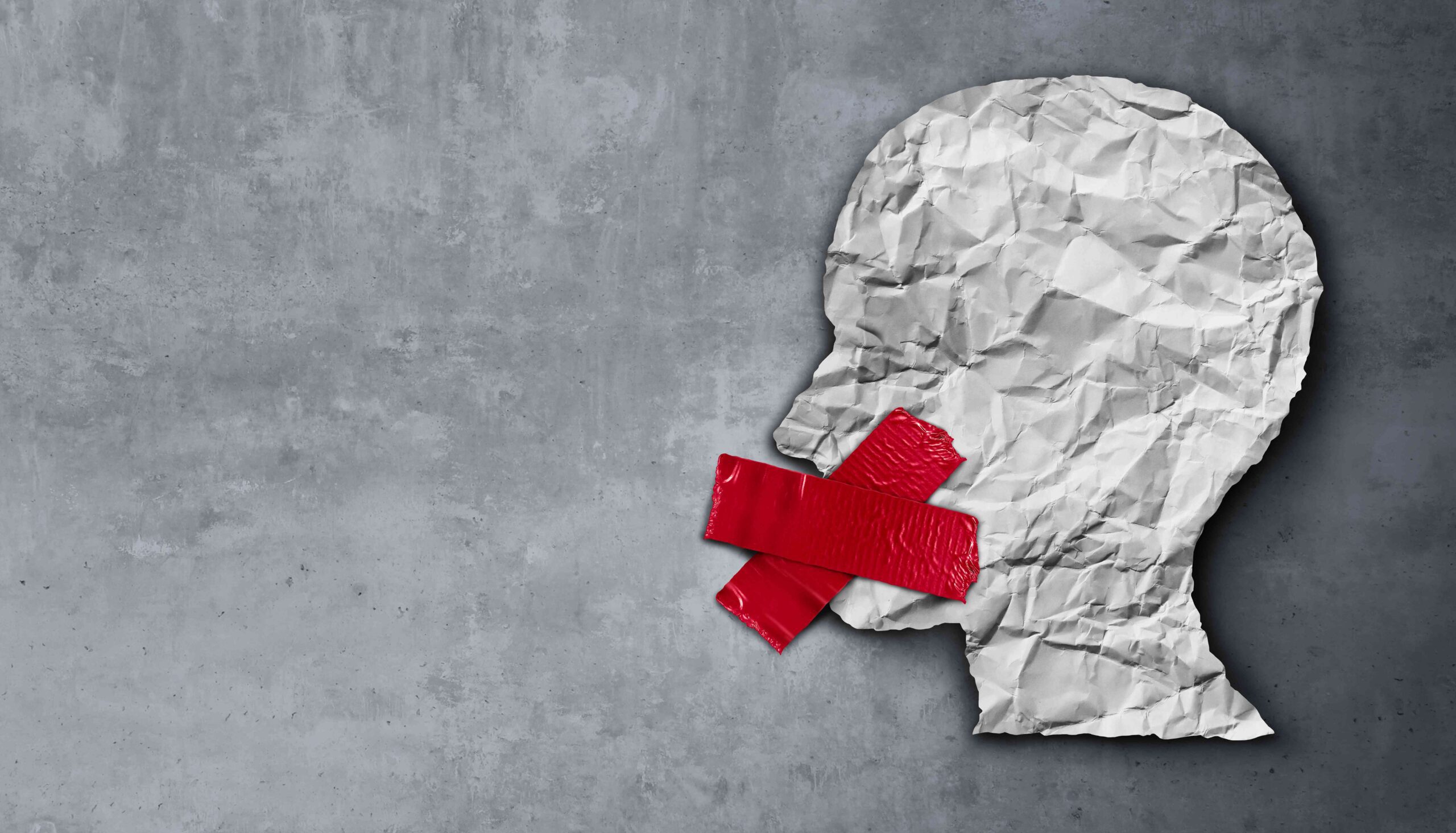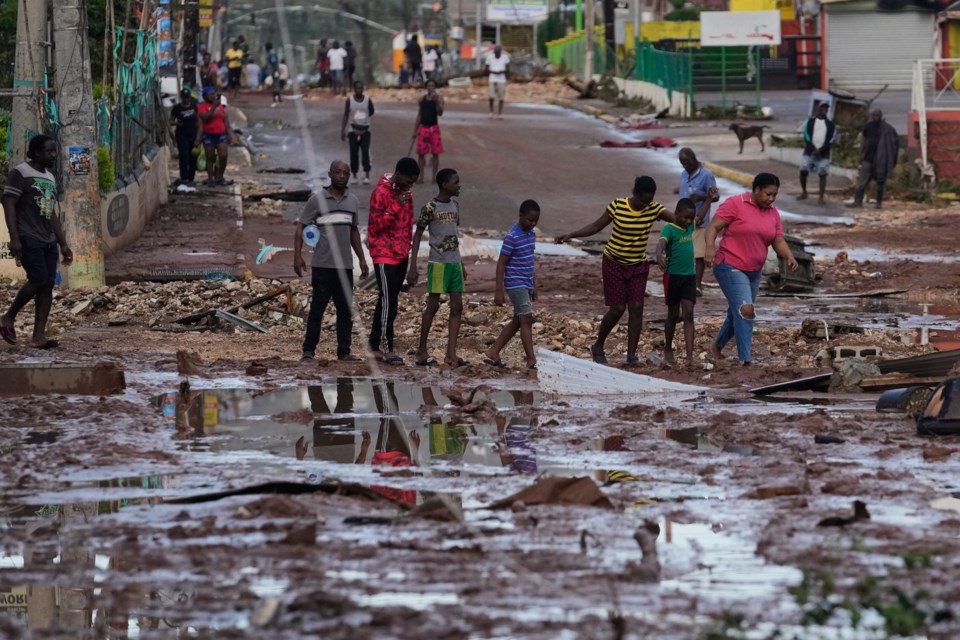Now Reading: Cancel Culture’s Impact
-
01
Cancel Culture’s Impact
Cancel Culture’s Impact

Cancel culture has become a defining feature of social media, where individuals or brands can quickly face public backlash for their words or actions. In India, this phenomenon is spreading beyond metros to Tier 2 cities, fueled by increased connectivity and instant access to information. While intended to hold people accountable, cancel culture also raises questions about fairness, judgment and the long-term consequences of online shaming.
One major impact is on personal reputation. A single controversial post or statement can trigger criticism from thousands, often leading to stress, anxiety or damaged relationships. For young professionals and creators in smaller cities, the fear of being “canceled” can influence what they share or say online, sometimes curbing free expression.
Brands and businesses are also affected. Negative social media attention can impact sales, partnerships and public perception. Companies in Tier 2 cities are learning that a single misstep, amplified online, can quickly escalate into a reputational crisis, forcing them to adopt careful communication strategies.
The psychological effects are significant. Constant exposure to public judgment can make people overly cautious, anxious, or hesitant to voice opinions. It can also encourage self-censorship, where creativity and honest dialogue take a backseat to avoiding controversy.
At the same time, cancel culture highlights the power of collective voice. It can push individuals and institutions to acknowledge mistakes, address injustices, and foster accountability. The challenge lies in distinguishing between genuine accountability and disproportionate reactions driven by social media mobs.
In conclusion, cancel culture is a double-edged sword. While it can promote responsibility, it can also create fear and polarization. For India’s growing online communities, particularly in Tier 2 cities, the key is to navigate accountability with perspective, encouraging constructive criticism without letting impulsive outrage dominate conversations
























